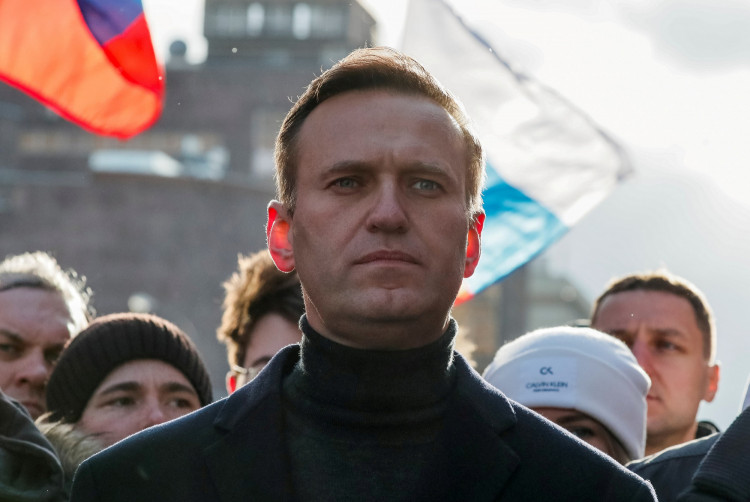The body of Alexei Navalny, a prominent critic of Russian President Vladimir Putin, has been released to his mother, Lyudmila Navalnaya, after a period of tension and public outcry over the handling of his remains. Navalny, who passed away unexpectedly on February 16 in a harsh Arctic prison colony, had been serving a 19-year sentence, a punishment his supporters and international observers have condemned as politically motivated.
Navalny's death has reignited discussions about the Kremlin's alleged involvement in the suppression of political dissent, with accusations of foul play being leveled by his family, supporters, and global leaders. His widow, Yulia Navalnaya, in a poignant video, accused Putin of "satanism" for the manner in which her husband's body was initially withheld, characterizing the act as a continuation of the torture Navalny endured both in life and in death.
The delay in releasing Navalny's body, coupled with Russian authorities' threats of a "secret" burial, has been perceived as an attempt to minimize public outcry and potentially suppress any mass gatherings that might arise from a public funeral. Despite these challenges, Navalny's spokesperson, Kira Yarmysh, confirmed the body's release but indicated that funeral plans remain uncertain, with concerns that the authorities might still interfere.
Navalny's death certificate cites natural causes, a claim met with skepticism by those familiar with his history of poisoning in 2020 and subsequent harsh prison conditions, including extended periods in solitary confinement. The global community, including leaders from the Group of Seven (G7) nations, has called for a transparent investigation into the circumstances surrounding Navalny's death, pledging to hold those responsible accountable.
The Kremlin has consistently denied any involvement in Navalny's demise, dismissing allegations as "vulgar." However, the international community, spearheaded by figures like Canadian Prime Minister Justin Trudeau, has been vocal in its criticism, with Trudeau explicitly stating, "Powerful leaders do not assassinate their opponents," in a thinly veiled reference to Putin.
Navalny's passing has not only sparked a debate about political repression in Russia but also about the country's direction under Putin's leadership, which has been marked by a stark opposition to Western liberalism and a close alignment with the Orthodox Church. In contrast, Navalnaya highlighted her husband's deep Christian faith and his commitment to Christian values, even in the face of persecution, underscoring the moral and ethical dimensions of his political activism.
As Russia grapples with the fallout from Navalny's death, the incident serves as a grim reminder of the dangers faced by political dissidents in the country. The international community continues to watch closely, with many advocating for justice for Navalny and a reevaluation of Russia's human rights practices.




